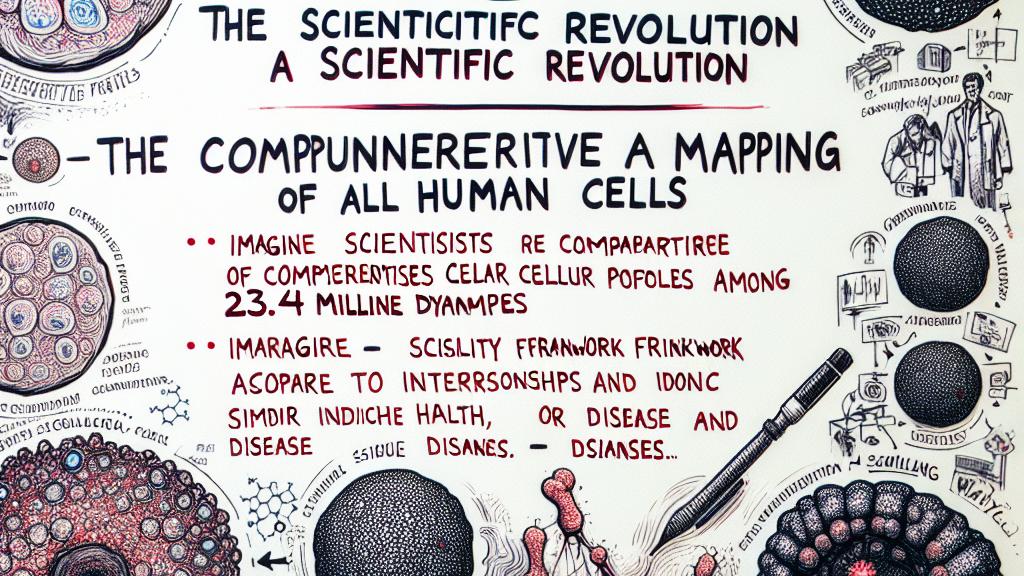Exploring Scalable Search in Human Cells Using Cell Atlas Foundation Model
Overview
- Revolutionary SCimilarity framework enhances cell comparison efficiency.
- Single-cell RNA sequencing uncovers complex cell behaviors.
- Human Cell Atlas acts as a vital reference for health and disease research.

Introduction to Cell Atlas Development in the USA
In the United States, the Human Cell Atlas (HCA) is spearheading an incredible scientific revolution. This ambitious initiative aims to produce a comprehensive map of all human cells, detailing their functions and interrelationships in both health and disease. A recent article in Nature introduced the SCimilarity framework, an exciting tool that significantly accelerates the search for similar cellular profiles within vast datasets. Picture this: scientists can now query an astounding 23.4 million cell profiles, instantly identifying transcriptionally similar cells. This capability not only enhances our understanding of cellular dynamics but also helps us unravel the mysteries of various diseases—there’s nothing quite like it!
Discovering New Frontiers in Cell Similarity Research
What makes the SCimilarity framework stand out? Let's consider its application in studying interstitial lung disease, where researchers gain critical insights into macrophages and fibroblasts. By pinpointing these cellular states, potential treatment pathways emerge, allowing scientists to target therapies with precision. Moreover, the use of optimal transport metrics in conjunction with SCimilarity further refines our understanding of cell relationships. By applying these advanced methodologies across diverse datasets—ranging from scRNA-seq to single-cell methylation data—researchers can more accurately infer cell similarities and classify cellular data. This intersection between innovative technology and biological inquiry is where true breakthroughs happen!
Catalyzing Change: The Broader Impact of the Human Cell Atlas
What the Human Cell Atlas represents is more than just research; it's a transformative movement. Often described as the 'Google Maps' for cellular biology, the HCA collects and catalogs data from a diverse range of individuals, ensuring inclusive representation. This initiative has already revealed profound insights: for example, researchers are learning about the cellular mechanisms driving gut inflammation and the intricate interactions influencing skeletal development during our lifetime. The collaborative effort of over 3,600 scientists worldwide underscores the HCA’s dedication to understanding human health holistically. As we venture into this new territory, the Human Cell Atlas lays the groundwork for revolutionary advancements in precision medicine, elevating diagnostics, and igniting innovative drug discovery efforts that could profoundly impact global health.

Loading...